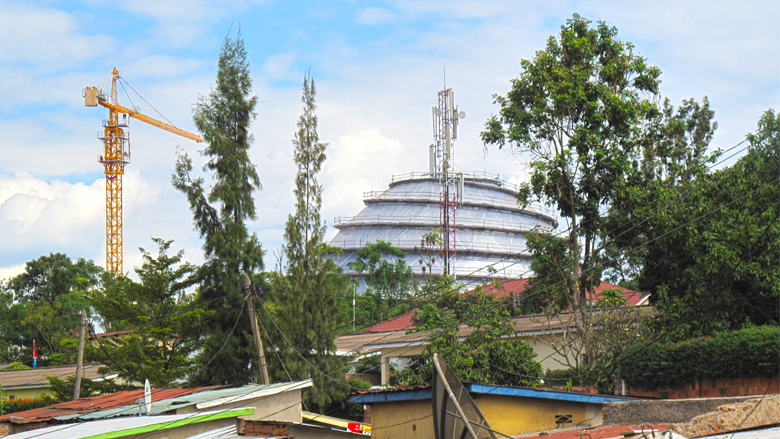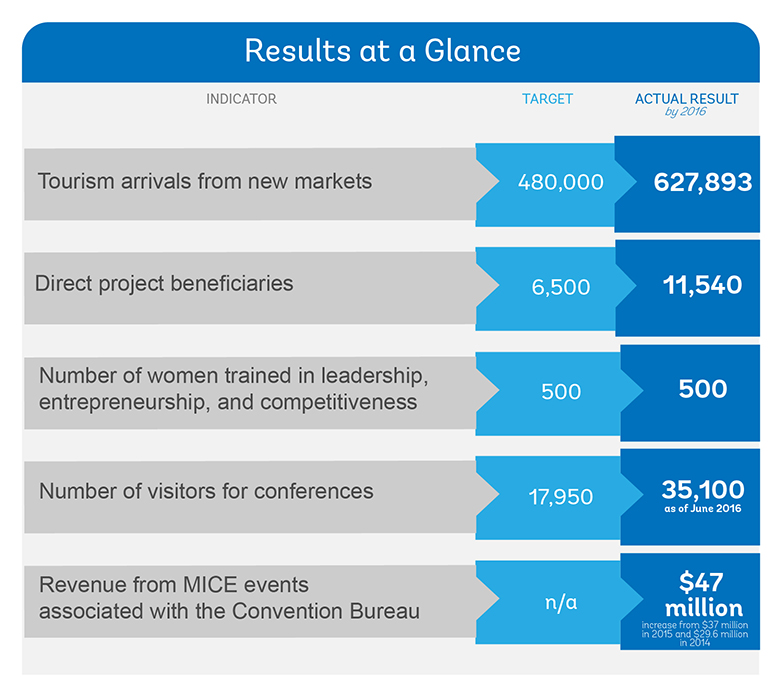WASHINGTON, July 6, 2017 – Rwanda is shaping up as one of East Africa’s premier business tourism destinations, following efforts by the government and its partners to help strengthen and grow the private sector in the meetings, incentives, conferences, and events (MICE) market.
The Trade & Competitiveness Global Practice, a joint practice of the World Bank and International Finance Corporation (IFC), launched in 2012 the Governance for Competitiveness Project (G4C), which helped establish the Rwanda Convention Bureau in 2014. Together, the World Bank Group, which provided US$1.2 million in technical assistance to Rwanda’s Tourism and Conservation Department, and the Rwandan government began using the newly created bureau to promote the country among regional and international clients as a preferred location for business events.
Since the project began, there has been substantial growth in this dynamic segment of tourism. In 2016, Rwanda hosted over 40 international conferences, with the Convention Bureau directly engaged in organizing several high-profile events: the World Economic Forum (WEF), The Global African Investment Summit, the African Union Summit (AU) and the Africa Hotel Investment Forum (AHIF). The Bureau also worked on events for AFREXIMBANK and The World Academy of Sciences and Coca Cola’s Annual continental corporate meeting.
The increase in meetings, conventions and events following the establishment of the Convention Bureau led to revenues exceeding US$37 million in 2015 and US$47 million 2016. In 2017, revenues from all business tourism in the country are projected to reach US$64 million.
“The G4C work with the Convention Bureau on MICE development has had a huge impact,” said Jean-Louis Uwitonze, Director General of Rwanda’s Single Implementation Unit in the Ministry of Trade and Industry. “And the Rwanda Development Board is going to continue the work with its own resources after the project closes in order to ensure the sustainability of the reforms.”


